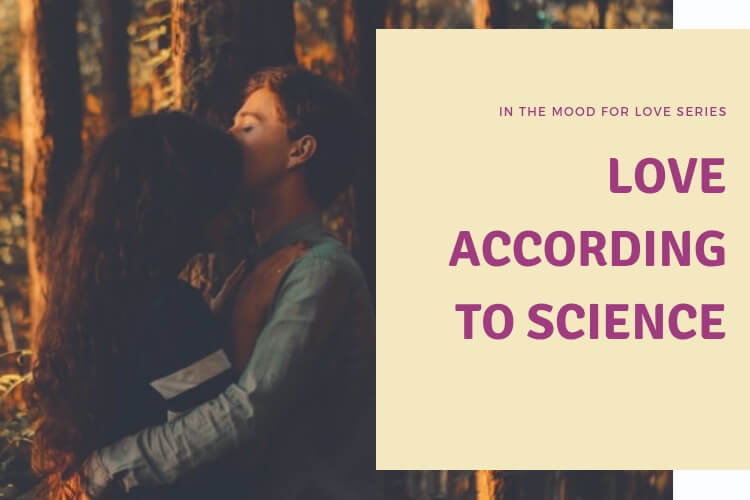The search for Love according to science
Last Update : June 12, 2019 by Olivia

Love has been portrayed by poets from centuries, a very strong feeling that causes both happiness and sadness depending on the situation.
The search for love has been one of the strongest motivations throughout centuries for human beings.
But what is the true definition of love? What is love?
How does love happen in our body? How does our mind work when we are in love?
And most importantly, what does science has to say about it?
The search for Love: Understanding Love and the brain
Romantic love is a universal feeling that is closely linked to brain activity.
But why is love so important and why do we all are in constant search for love?
Love activates several different brain areas, but most specifically love activates the areas related to motivation and the feeling of reward.
Indeed, those are very soothing areas that help reduce anxiety, negative behaviors and that also increase confidence within a couple.
Love makes us feel good. More relaxed and safer.
A powerful feeling that stimulates several brain areas such as the hippocampus and the hypothalamus, thus the strong effect on the decrease of negative feelings.
According to a 2012 study, neural correlates of marital satisfaction and well-being, reward, empathy, and affection.
The findings of this study highlighted the importance of the neural sites in the link they create with relationship quality and psychological and physical well-being and health.
Searching for love: how do the hormones work?
According to several scientific studies, there are two main hormones involved in the feeling of attachment and love: oxytocin and vasopressin.
These two hormones are indeed closely linked to romantic love as they are responsible for stimulating the dopaminergic reward system that activates the release of dopamine from the hypothalamus.
The oxytocin, the so-called « cuddle hormone » is a powerful hormone also released during orgasm that makes couples feel much closer. It is interesting to note that oxytocin is also released during childbirth to help create stronger bonds between the mother and the baby.
Dopamine is a chemical produced by our brain that stimulates the desire and the reward producing a rush of pleasure and gratification.
Love has different phases and different intensities. From lust, passing through attraction to attachment, our brain, and our hormones are constantly working to produce calming and rewarding sensations in our body. It is important to remember these phases when searching for love as sometimes literature has set impossible targets when it comes to finding romance. Every person feels love in a different way, and that’s completely fine.
The popularity of love goes then beyond the romantic dream as it has physical and psychological benefits.
The search for love is our search for reward, happiness, and calm.
Have you already started?